Is the Blue Crab’s Natural Range Creeping North?
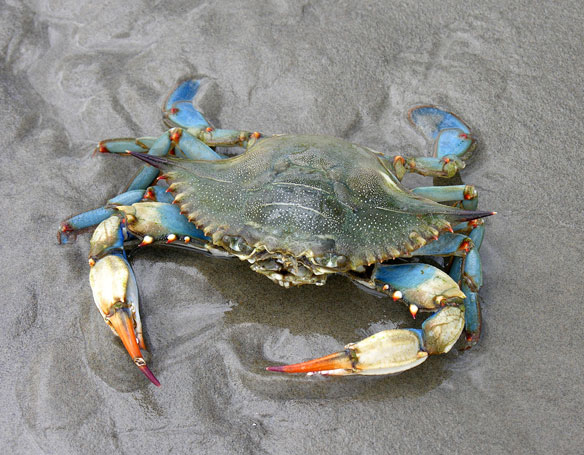
The recently observed northern migration of the blue crab, Callinectes sapidusthis, a commercially important species, could be yet another sign of climate change.
Can Florida Prepare for Climate Change Without Saying the Words?
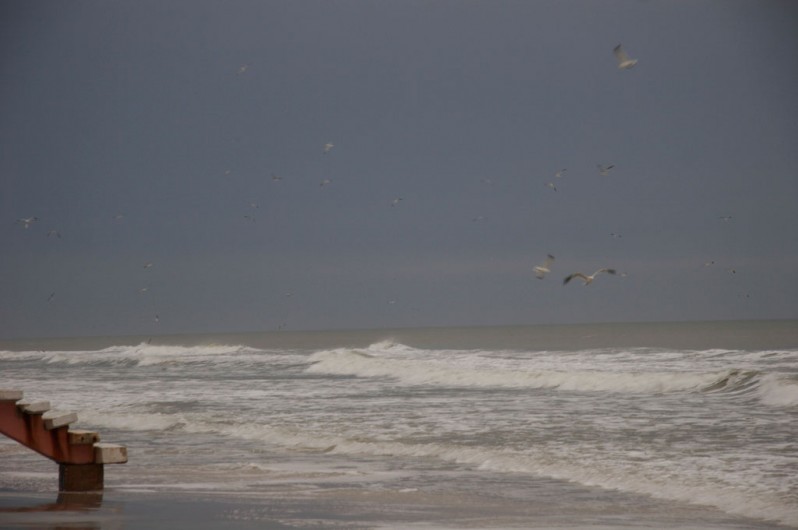
In Florida, climate change is the global phenomenon that must not be named. Since 2011, the state Department of Environmental Protection employees have been banned from using that term as well as “global warming” and “sustainability” in their work, according to a new report.
How the Surfing Business Could be a Wipeout for an Iconic Calif. Town

To create perfect surfing conditions, nature needs to provide the right amount of deep-ocean swells, peculiar ocean-floor geography and wind. Coupled with sea-level rise, as beaches erode, the practice of beach replenishment – dredging and dumping sand to extend beaches and reclaim them from the ocean – is also destroying surf in some communities.
Europe Shouldn’t Be Afraid of Leading the World on Environmental Regulation
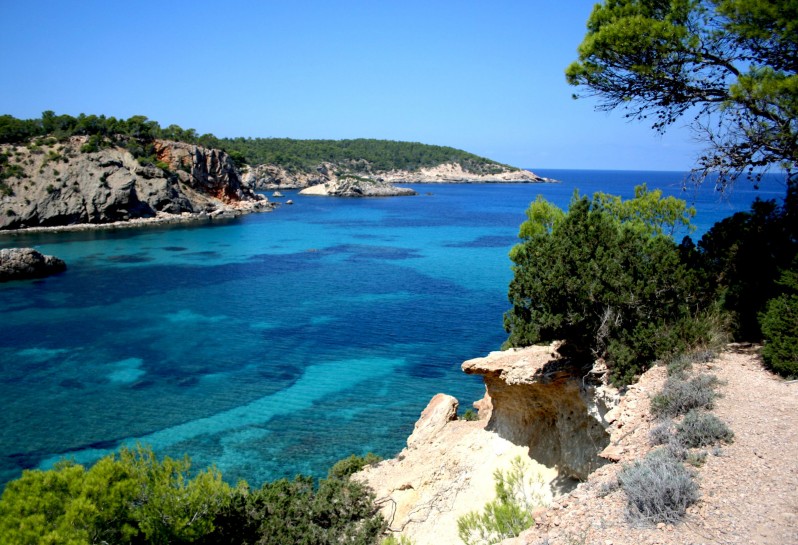
Over the past 40 years Europe has developed the most comprehensive, ambitious and binding environmental legislation existing anywhere today. And with good reason: these standards should be seen as a unique economic advantage.
Freakish Weather on Both US Coasts is Related

The plight of East Coasters may seem distant to Californians fretting over the latest predictions for a toasty, dry March that would almost certainly extend the devastating drought from three years to four. But, climate scientists say, the sometimes freakish weather abnormalities are two parts of a whole.
More proof: Study Sees Climate Change in Action in the Air, Watching CO2 Trap Heat

Scientists have witnessed carbon dioxide trapping heat in the atmosphere above the United States, chronicling human-made climate change in action, live in the wild.
Ocean Carbon Release Ended Last Ice Age
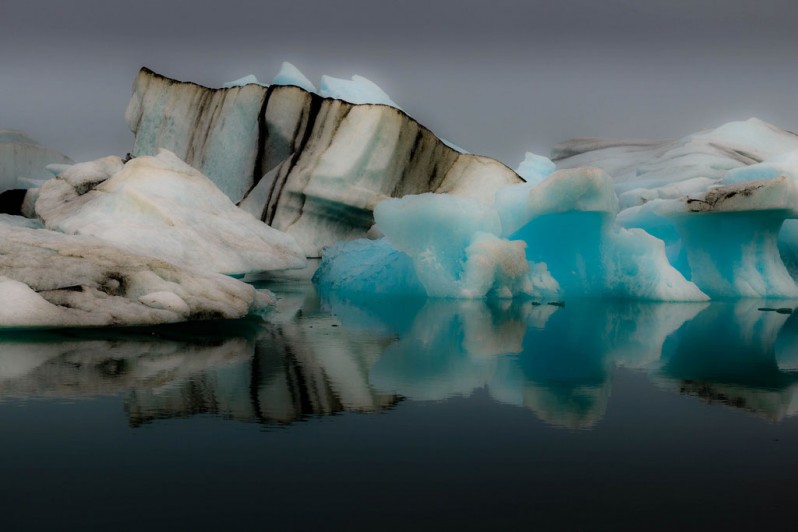
Carbon dioxide escaping from the depths of the ocean heralded the end of the last Ice Age, a study suggests.
Global Divestment Day – February 13th and 14th
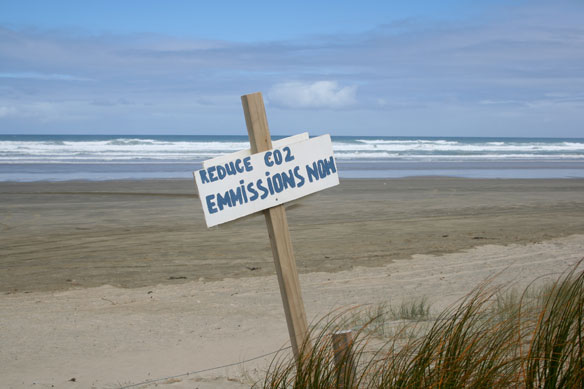
On February 13 and 14, many of us will take action for the first Global Divestment Day, when hundreds of events around the world will call on institutions to divest from the top 200 fossil fuel companies.
Despite Antarctic Gains, Global Sea Ice Is Shrinking
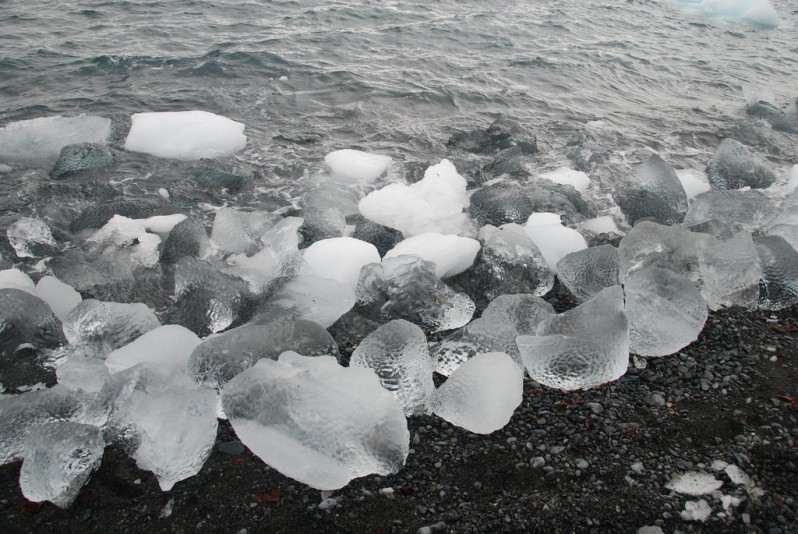
One of the reasons people care about sea ice decreases is because sea ice is highly reflective, whereas the liquid ocean is very absorptive. When sea ice coverage is reduced, less sunlight is reflected back into space and more is trapped in the atmosphere, ocean, and land.
